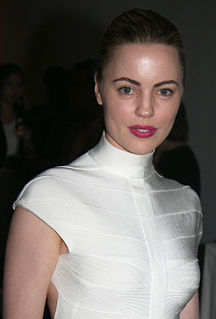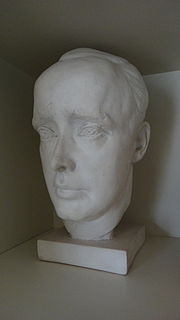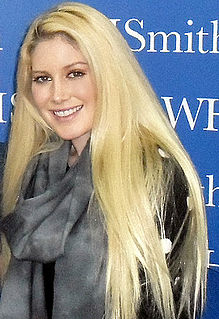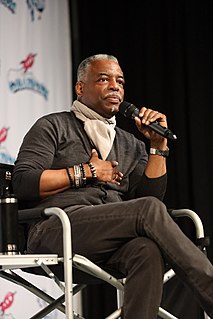A Quote by Mason Cooley
Reading a great book causes jolts and frights.
Quote Topics
Related Quotes
When we want a book exactly like the one we just finished reading, what we really want is to recreate that pleasurable experience--the headlong rush to the last page, the falling into a character's life, the deeper understanding we've gotten of a place or a time, or the feeling of reading words that are put together in a way that causes us to look at the world differently. We need to start thinking about what it is about a book that draws us in, rather than what the book is about.
You never know what you're in for when you take a role. When you're reading the script, you're in some café in New York and you're loving life and it sounds great because it's like reading a book. When you step into that book and you actually have to play it out, for real, it's a totally different ball game.
I read continually and don't understand writers who say they don't read while working on a book. For a start, a book takes me about two years to write, so there's no way I am depriving myself of reading during that time. Another thing is that reading other writers is continually inspiring - reading great writers reminds you how hard you have to work.
If I were reading a book and happened to strike a wonderful passage I would close the book then and there and go for a walk. I hated the thought of coming to the end of a good book. I would tease it along, delay the inevitable as long as possible, But always, when I hit a great passage, I would stop reading immediately. Out I would go, rain, hail, snow or ice, and chew the cud.
When I was thirteen, I was in a supermarket with my mother, and for no reason at all, I picked up a science-fiction book at the checkout stand and started reading it. I couldn't believe I was doing that, actually reading a book. And, man, it opened up a whole new thing. Reading became the sparkplug of my imagination.
There is a wonderful book called "Gandhi's Truth," by Erik Erikson, the psychologist. It is a great book. And I remember reading that and thinking about this connection between what we think in our personal lives and how that manifests itself in our politics. Those are two books, just off the top, that I think are sort of representative of reading that I did at that time. I never get a chance to read anymore.






































